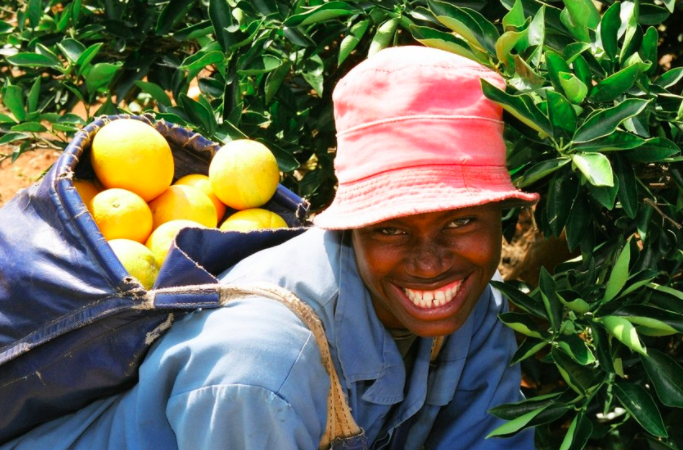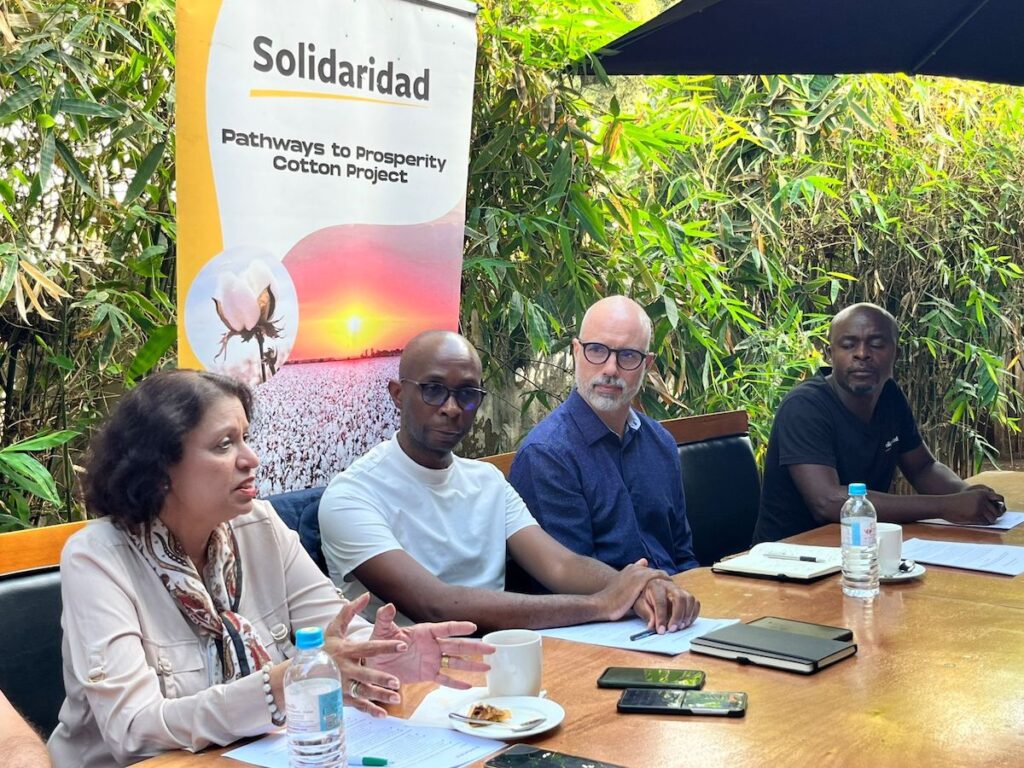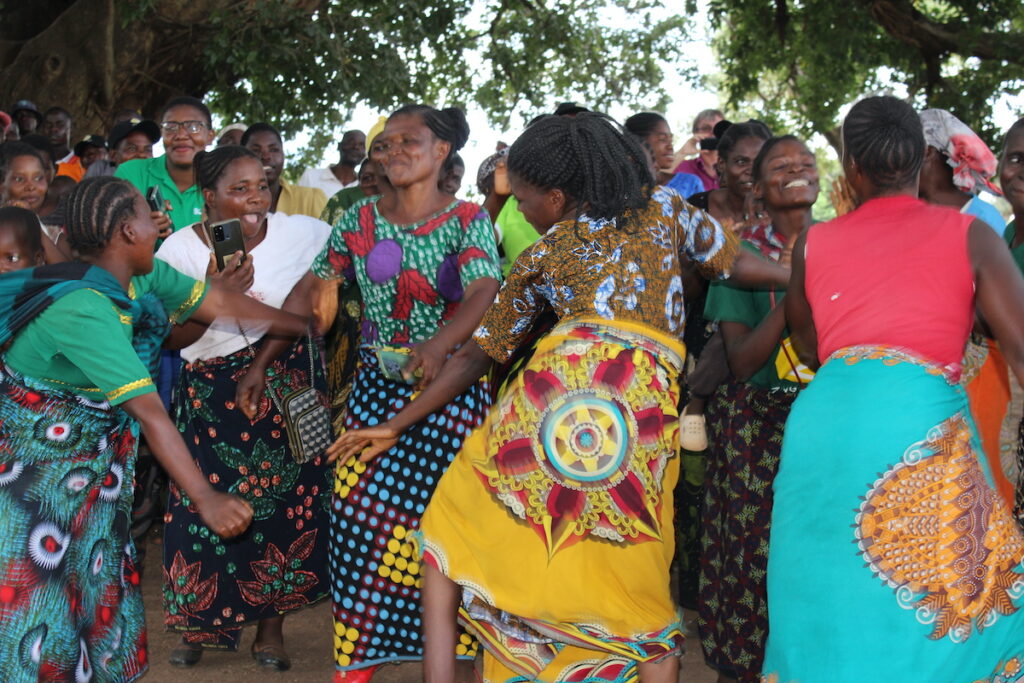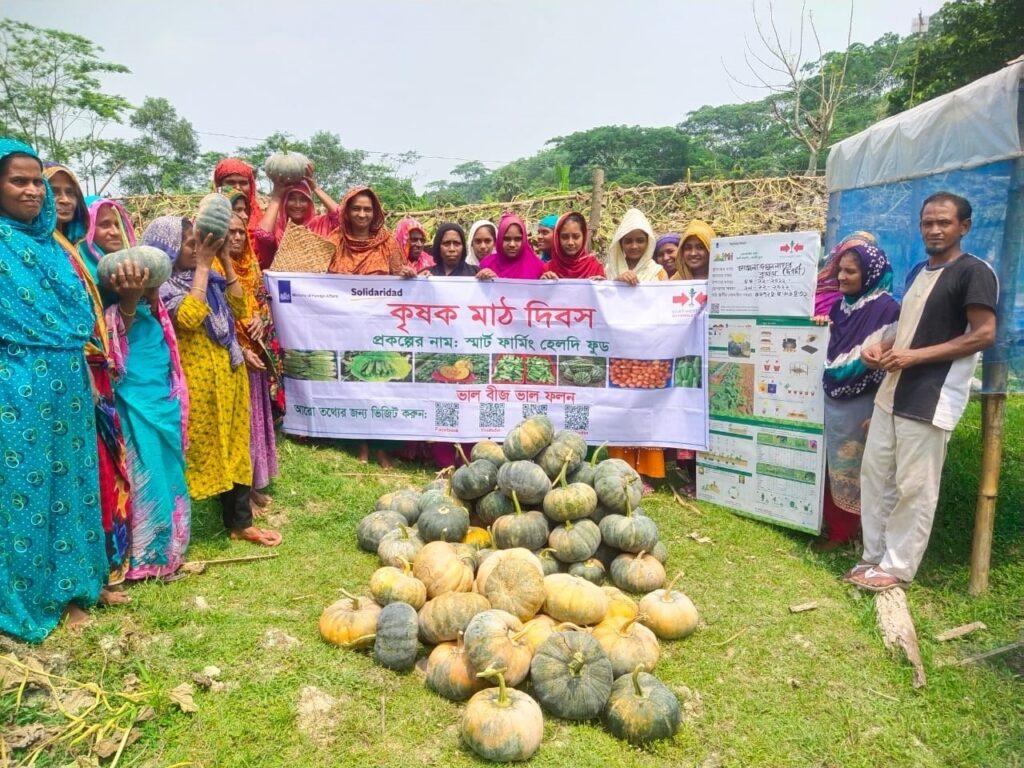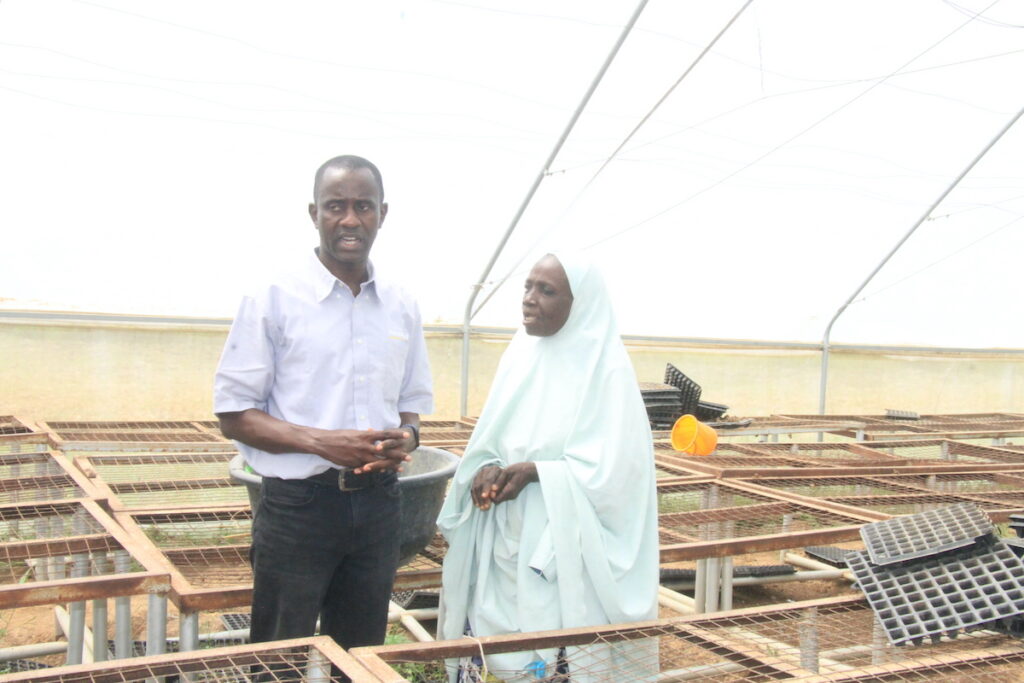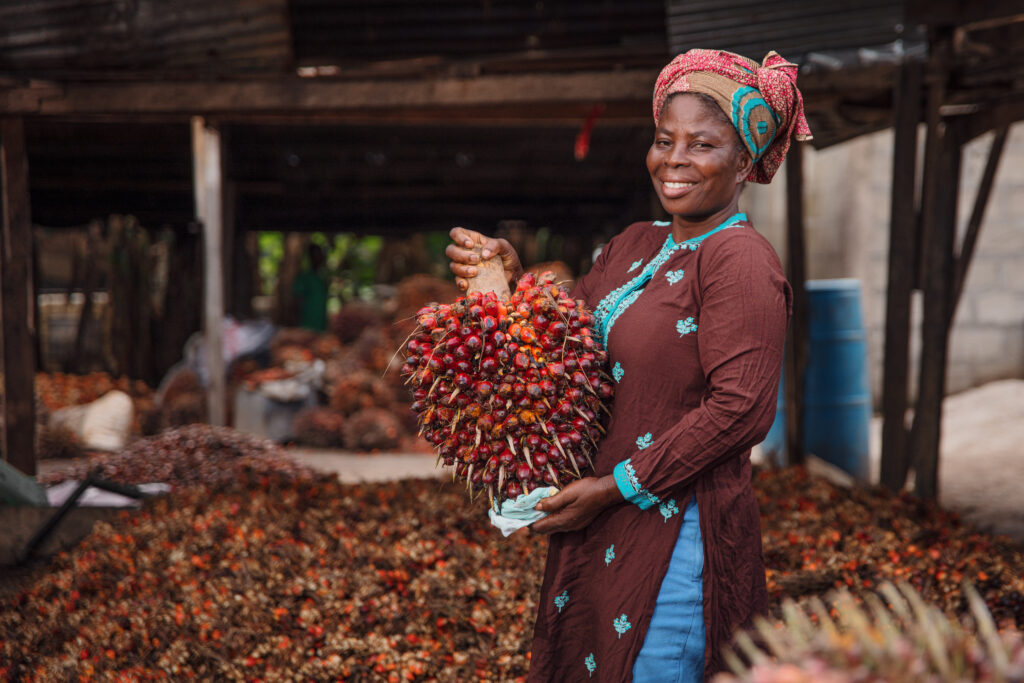For many years, Mozambique has faced an increase in chronic and sometimes fatal diseases caused by contaminated produce. In May 2018, Solidaridad conducted a baseline study to assess the production systems used by horticulture farmers in Mozambique and collected fruit and vegetable samples from various sales points across the country for a “pesticide residue analysis.” As expected, the results revealed an abnormally high presence of pesticide residue with deltamethrin residue level averaging at 0.04 mg/kg, which is three times more than the maximum levels set by the World Health Organization. The study also found that the misuse of pesticides was primarily due to the farmers’ lack of knowledge, leading to improper and unregulated handling.
Since the study, Solidaridad has collaborated with the Ministry of Agriculture and INNOQ which serves as the food security parastatal institute of standardization and quality and other stakeholders to develop and implement a local g.a.p standard called Mocambique Boas Practicas (MozBoPa). The Standard, which seeks to improve smallholder production and facilitate access to preferential markets, has now been finalized with pilots taking place in Maputo, Manica, Manhiça, Mafuiane, and Angonia. These pilots ensure that smallholders have the capacity to produce good quality, traceable produce at the correct quantity at the right time.
Launching an inclusive standard
Currently, the standard is not yet obligatory and is more of an optional norm that smallholder farmers can adopt to gain access to more sustainable markets. Solidaridad is partially subsidizing the certification of our registered farmers as part of the pilot. While we cannot reach all smallholders, we do seek to prove the impact of compliance at smallholder level, otherwise the standard will be perceived as an exclusive standard set to only benefit commercial farmers. In order to build Mozambique’s capacity for food safety production this process must be inclusive and the standard incorporated into the country’s Good Agricultural Practices; all market actors, including government officials, chemical suppliers and retailers, must be committed to this initiative.
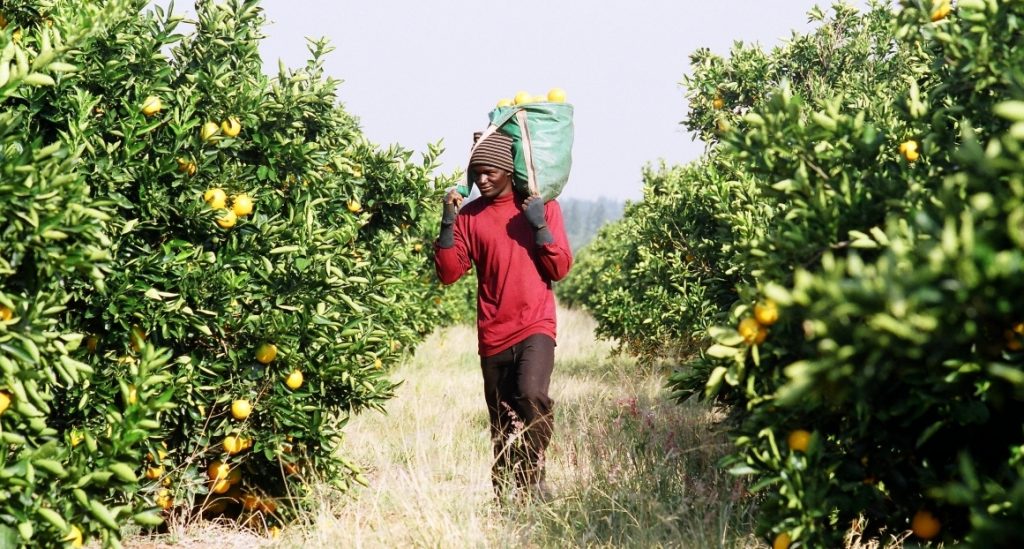
Towards a new food system
In the current food system Africa fails to provide adequate food availability, food access, food quality, food utilization, and stability for most Africans. Solidaridad’s Karin Kleinbooi examines the pathways towards a new food system in Africa.
To celebrate Quality Week, Solidaridad, with support from INNOQ and the Department of Agriculture, hosted a multi-stakeholder seminar on the 11th of November 2021. This event introduced and highlighted the importance of the MozBopa standard to create more partnerships to disseminate the norm and make it mandatory. The discussions included goals, ambitions and insights on the implementation issues to ensure a smooth transition from a norm to an obligatory standard. While some participants petitioned to make the norm partially mandatory, others were concerned about monitoring compliance and implementation.
From optional to mandatory
While some kinks still need to be ironed out, we all agree that this standard should be compulsory for all farmers. It will ensure the production of good quality fruit and vegetables and increase farmers’ livelihood through access to markets and better prices for their produce. We are currently working with the Ministry of Agriculture to make the standard mandatory. Once that is finalized, we will officially launch the standard. However, the standard is available for purchase and dissemination. Interested parties can purchase the standard through INNOQ for 650 meticais. Solidaridad will train government officials to implement the standard and facilitate training for their farmers. We will also be providing training to farmers and helping them through the process of certification.

